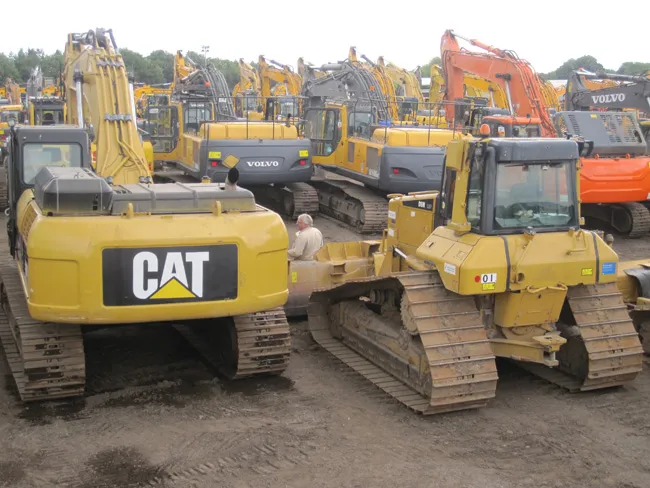
Construction activity remains strong in Europe, according to data from the industry body FIEC. The data from the FIEC reveals a 3.5% growth in activity in the overall EU construction industry in 2018 and forecasts a 2.2% growth for 2019.
“Although the situation continues to vary from one country to the other, the overall picture is currently positive, with activity in new housebuilding even booming in several countries.” said FIEC president Kjetil Tonning, presenting construction’s annual statistics. “In 2018, overall construction output in the EU amounted to €1,427 billion, which represents 9% of EU GDP. This is an encouraging increase of 3.5% compared to 2017.” reported Tonning.
According to FIEC’s statistics, developments in the EU show that there are still disparities between Member States, but only a minority of countries experienced a drop in the construction activity. Others, like Italy (+1.5%), Portugal (+3.5%) and Spain (+5.9%) are recovering, but these increases in activity are measured against historically low baselines.
The level of employment in the construction industry increased again in 2018 (+1.8%). Altogether, construction provides jobs for 14.8 million people – working in more than 3.3 million companies – which represents 6.4% of Europe’s total employment. Against this backdrop, in several countries, the shortage in skilled labour is already seen as an obstacle for the sector’s future growth.
With construction activity proving healthy, this is also likely to ensure that sales of both new and secondhand construction machines and quarrying machines remains strong. Similarly, demand for key construction materials such as aggregates, cement and asphalt will remain healthy as industry activity continues on an upward trend.







